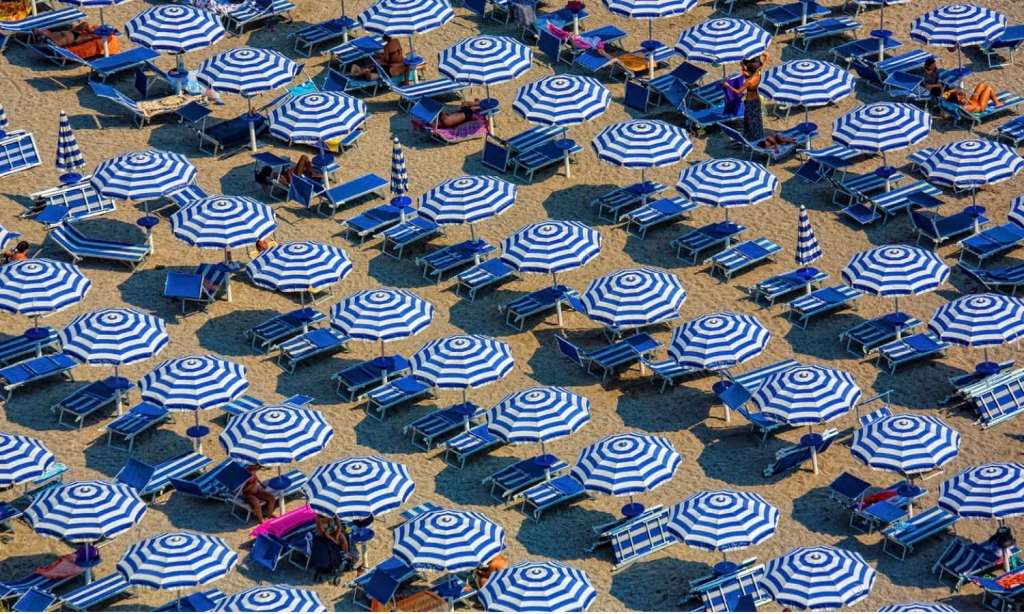For many of us, the isolation that COVID-19 forced upon us has been the toughest element to get through. As a country that is usually so into going out and connecting with people, both within Australia and all over the world, the confinement has been a jarring shock to the system.
Now that things are slowly returning, the “treat yourself” mentality is starting to seep through the cracks of our decisions, urging us to enjoy every opportunity we have, while we have it.
Through living in isolation, we’ve been reminded to never take advantage of the small things and the moments that make us feel happy and free. Who knew that #YOLO would make a comeback?
With this mentality comes a new phrase coined revenge travel, an attitude that is said to occur after a travel crisis, and maybe even save the tourism industry.
What is revenge travel?
Revenge travel isn’t a new thing. It’s kind of similar to the concept of ‘revenge spending’, which emerged at the end of the 1976 Cultural Revolution, that involved shoppers in China splurging on high-end products as the country emerged from economic recession.
It’s a result of not having something due to circumstances outside of your control, and then when you start to see glimmers of that thing again (in our case, travel opportunities), you go overcorrect and overdo it because you feel like your deprivation deserves it.
Bringing this concept to today, coming out of the pandemic is bringing a lot of “treat yourself” energy to the surface. The term ‘revenge travel’ encompasses that feeling, when it comes to splurging on travel experiences and holidays, after being unable to experience them due to COVID-19 restrictions.
Who are we getting revenge on?
It’s not about getting revenge on a person; revenge travel is more about getting revenge on a situation or circumstance.
The pandemic affected all of our lives individually, and this our individual ways of moving forward will differ. For people who get a lot out of travelling to new destinations and feel as though experiencing new cultures and lifestyles is an integral part of their identity, they would’ve really struggled with the travel restrictions due to coronavirus. These people are very likely to now invest their savings in revenge travel, making up for lost time and cancelled trips.
Is revenge travel dangerous?
Going into anything with a ‘f*ck it’ attitude has its benefits as well as it’s downfalls. Throwing your hands in the air and deciding to be carefree can be totally liberating, and it’s good to do this sometimes, especially on holiday. Travel revenge’s core principle is optimism; it’s the hopeful hunger of yearning exploration, especially after such a long time of isolation.
It’s easy to get swept away in a ‘treat yourself’ travel mentality, so it’s important to make sure that you’re still budgeting and focusing on safety and sustainability when you travel.
Will revenge travel save the tourism industry?
It’s really nice to think that historically, after devastation comes a resurgence of life. “When you look at what happens to tourism after a crisis, you always see a strong rebound,” Dr. Pierre Benckendorff, an associate professor in tourism from the University of Queensland, told The Straits Times. “There will be considerable unmet demand for travel while people are locked down and once they are able to travel again, we will see a surge in travel.”
In a survey conducted by Booking.com, 65% of travellers have reported their excitement to travel again, while 61% stated that the lockdown periods have made them more appreciative of travel as a whole.
Although the travel revenge mentality is real and people are showing a huge interest in getting back out and exploring the wonders of the world, it’s timeline is uncertain. There’s no question that travel will come back with a vengeance, but with countries releasing the vaccine at different rates, along with continued job insecurity, health risks and increasing unemployment, it’s difficult to say when travel will go back to normal.
All we can do is wait, plan our next trip(s), support our local tourism industries wherever we can and be COVID-safe so we can all get back out there ASAP.
Read more stories from The Latch and subscribe to our email newsletter.







